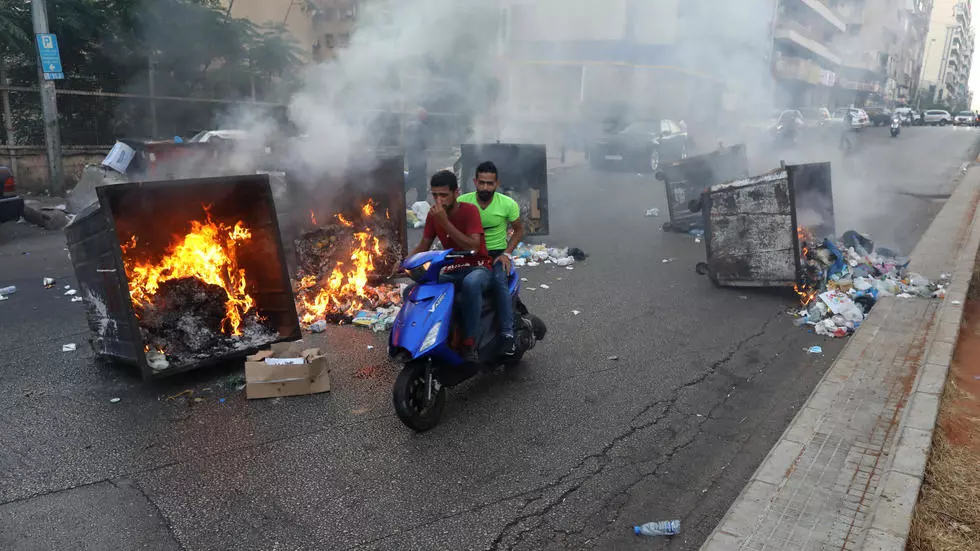-
The sanctions would include “a travel ban to the EU and an asset freeze for persons, and an asset freeze for entities”
-
They would also include EU persons and entities being “forbidden from making funds available to those listed”
The European Union was quoted by local reports as saying on Friday, July 30, that it had adopted a legal framework for sanctions targeted at Lebanese individuals and entities.
The move comes after weeks of uncertainty at the upper echelons of the government, even as the country sinks deeper into an economic crisis that has resulted in the Lebanese pound to lose more than 90% of its purchasing power since end-2019.
The crisis has manifested itself in the form of a financial collapse, hyperinflation, and shortages of food, fuel, and medicine.
A majority of the people within and outside the country blame systemic corruption for the crisis, to the extent that foreign governments have pledged aid to Lebanon, but on condition that it takes concrete steps to address the problem.
Under such circumstances, the EU said in its statement: “This framework provides for the possibility of imposing sanctions against persons and entities who are responsible for undermining democracy or the rule of law in Lebanon.”
The EU said it would look specifically at three kinds of actions by individuals, the first being the “obstructing or undermining the democratic political process by persistently hampering the formation of a government or by obstructing or seriously undermining the holding of election.”
The second kind of action, it said, would be “obstructing or undermining the implementation of plans approved by Lebanese authorities and supported by relevant international actors, including the EU, to improve accountability and good governance in the public sector or the implementation of critical economic reforms, including in the banking and financial sectors and including the adoption of transparent and non-discriminatory legislation on the export of capital.”
The third kind would look at any “serious financial misconduct, concerning public funds, insofar as the acts concerned are covered by the United Nations Convention Against Corruption, and the unauthorized export of capital.”
As for the sanctions, the EU said they would include “a travel ban to the EU and an asset freeze for persons, and an asset freeze for entities.”
It added that the sanctions would also include EU persons and entities being “forbidden from making funds available to those listed.”







